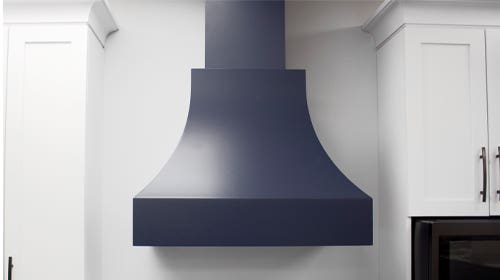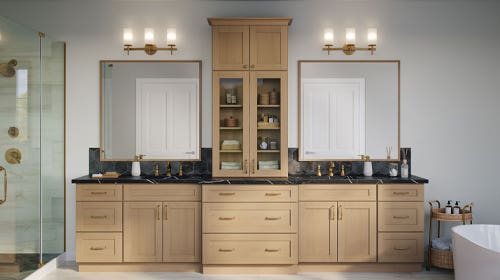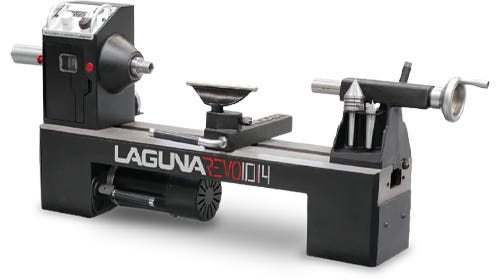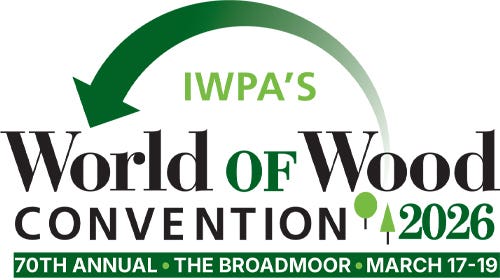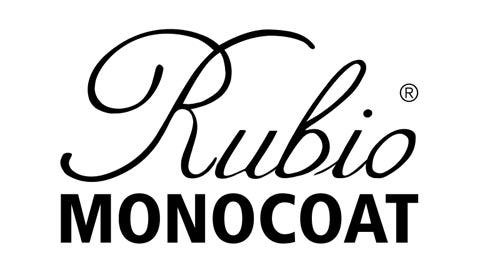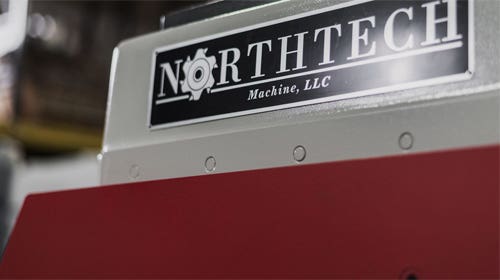Suppliers gamble with exotic hardwood stock
Exotic hardwood suppliers have to gamble a bit when deciding what to keep in stock. There’s some intuition involved as to guessing what’s hot and what’s not, according to several…
Exotic hardwood suppliers have to gamble a bit when deciding what to keep in stock. There’s some intuition involved as to guessing what’s hot and what’s not, according to several dealers interviewed by Woodshop News.
Steve Jackel of Jackel Enterprises in Watsonville, Calif., says his company is currently stocking jatoba, Brazilian cherry, African and genuine South American mahogany and sapele.
“Demand has been steady. It’s been difficult for us because of the recession and limited demand for high-priced woods. We really only bring in the ones I mentioned and others requested by special order. Special orders can be anything from wenge to zebrawood to bubinga,” Jackel says.
Because of the relatively low demand for exotic woods, the company recently put a greater emphasis on urban woods, which it calls local exotics to include California black walnut, California bay laurel, Monterey cypress and red elm.
“They’re not conventionally harvested; they’re not saw logs. We have an operation where we’re involved in the total transformation from log to lumber. This part of the business is marketed through West Coast Woods, a division of Jackel Enterprises,” Jackel adds.
Ramus Lardie of Rare Earth Hardwoods in Traverse, Mich., a custom flooring company, says that sapele is a top seller.
“I’ve also had calls on Brazilian ebony with the sapwood which is our specialty, which we call mountain grade. We’re in the unique business. We’re the go-to guys for when you can’t find something normal somewhere else you come to us. The problem we’re fighting against right now is they have more faith in the economy, but they’re still being conservative about their money. Exotics are in the higher-end price range for sure,” Lardie says.
Ken Wilcox of GL Veneer Co. in Huntington Park, Calif., says that through the years the company has pointed itself towards exotic veneers. While it still sells the mainstays in domestic veneers such as white oak, walnut, cherry, maple, ash, it has really gone out of its way to stock up on exotics.
“We carry close to 200 species and we produce such a myriad of product in sheet veneer, architectural plywood and such that we have the ability of making all of these products in exotics. I would say that business is growing. We have a heck of a following. If somebody wants afromosia to zebrawood we have it in stock, we also stock most of the species in hardwood lumber,” Wilcox says.
“The standbys are figured anigre and Macassar ebony is a big one. We move quite a bit of afromosia. We move plenty of the standby exotics like African mahogany and that type of thing. That’s kind of a standard commodity. What’s really growing is our Hawaiian hardwoods in veneer and plywood, including koa and ohia, which only grows in Hawaii, and also mango.”
This article originally appeared in the January 2015 issue.


